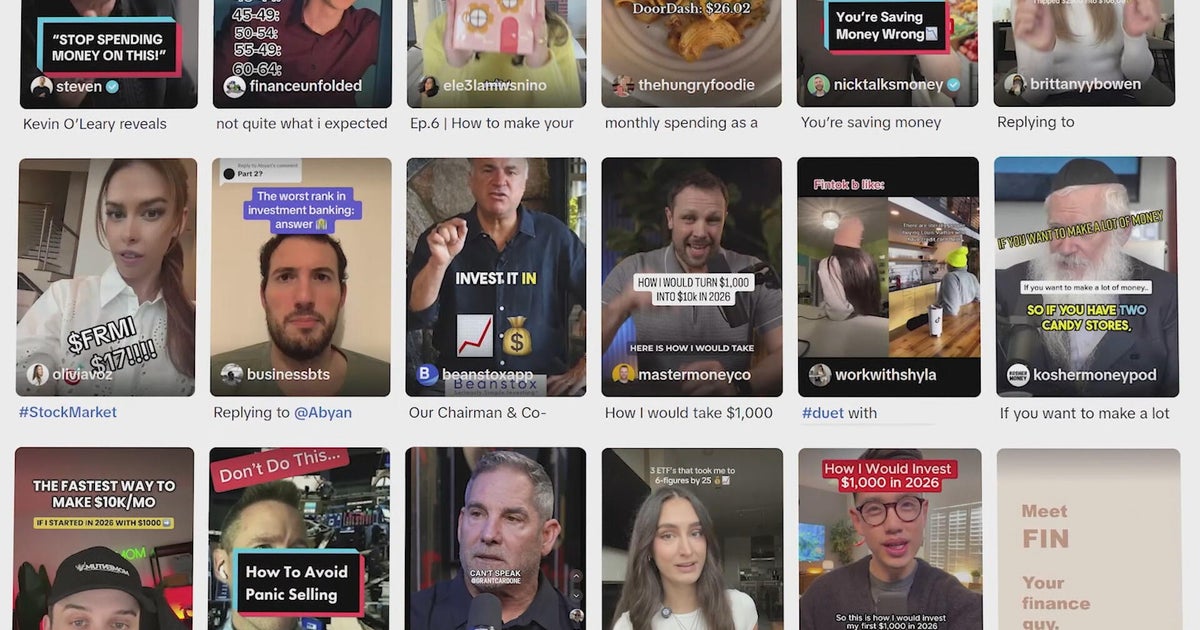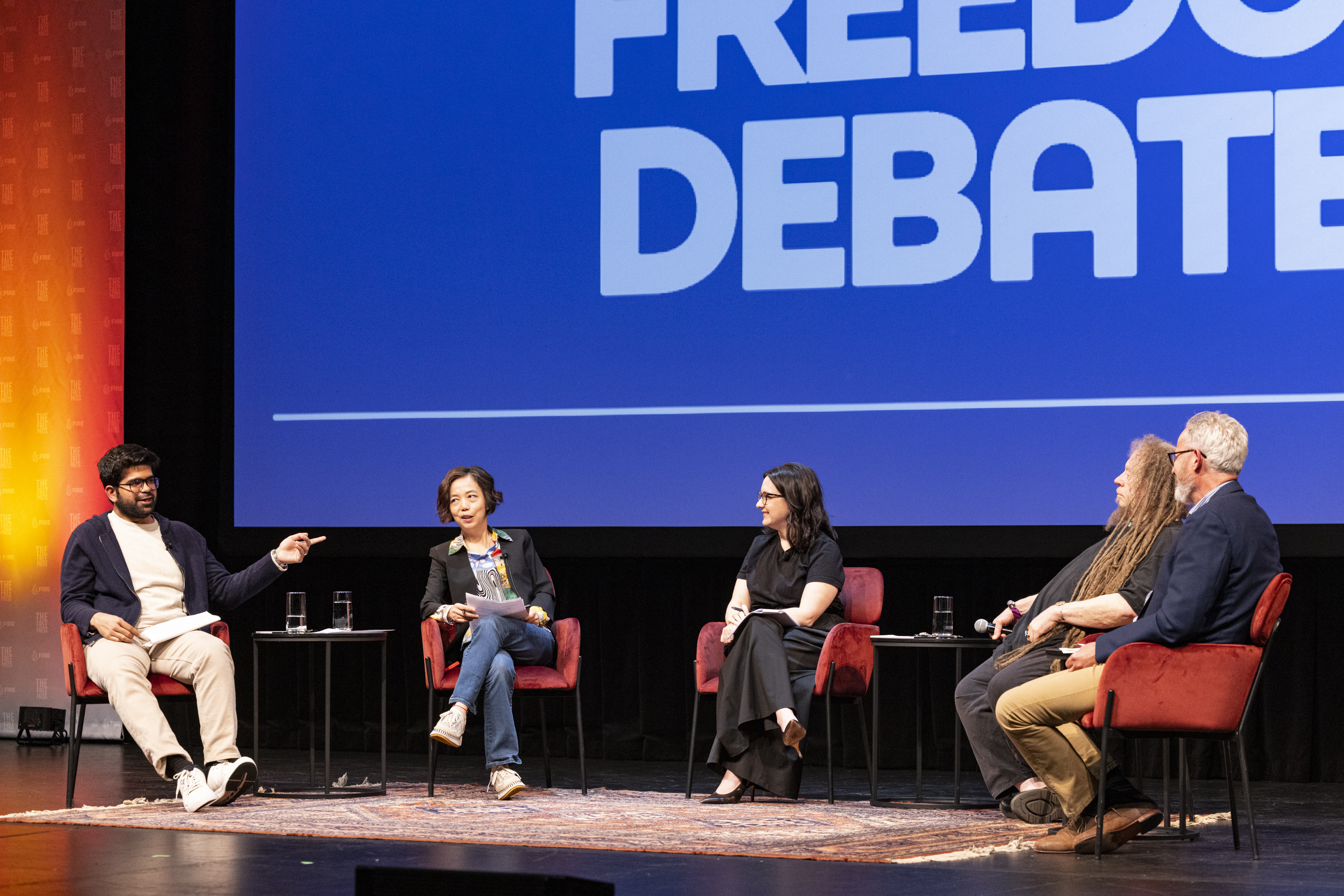BuzzFeed to use OpenAI technology to create content
Online media company BuzzFeed plans to use artificial intelligence powered by OpenAI, the company behind ChatGPT, to help it generate content.
In a memo distributed to BuzzFeed staff on Thursday and obtained by CBS MoneyWatch, CEO Jonah Peretti said AI will play an increasingly large role in the company's operations. Specifically, it plans to use the technology to move beyond curation to help create personality quizzes that ask users questions and generate text write-ups based on their responses.
- AI ChatGPT is helping CEOs think. Will it also take your job?
- Artists sue AI company for billions, alleging "parasite" app used their work for free
Peretti also said AI will assist workers to enhance their content. "To be clear, we see the breakthroughs in AI opening up a new era of creativity that will allow humans to harness creativity in new ways with endless opportunities and applications for good," he said.
He noted that AI-created content will move from an "R&D stage to part of our core business" this year. It will be used to build quizzes, help staffers brainstorm and personalize content for BuzzFeed's audience.
BuzzFeed also hopes the technology will energize its business. The media company has struggled to boost growth, with its stock down nearly 40% over the last year, even with Thursday's large gain. In its latest quarter, BuzzFeed reported a net loss of $27 million on revenue of $104 million, although sales rose 15 from the year-ago period.
BuzzFeed shares surged more than 150% to $2.39 in afternoon trading.
OpenAI has recently taken the tech world by storm and has already been tested by companies in a number of industries that are experimenting with its capabilities and diverse applications. Its "generative" AI has drawn attention from leaders of industry and investors alike, and has been used to write high school essays, create legal documents, help author legislation and even write a speech delivered this week by Rep. Jake Auchincloss, D.-Mass., in the House of Representatives.
Experts expect it to take over rote administrative tasks and replace some workers, while also enhancing the quality of many jobs.
It will free up skilled professionals to focus on more thoughtful tasks that require the judgement of a human, experts believe.
"When I ask ChatGPT what it thinks is going on with this company, it does what junior executives would do, which is they tell me what they see in a table. They say this parameter went down and this one went up in a very clear, coherent manner. But it doesn't move beyond that into the 'so what?'" Columbia Business School professor Oded Netzer said. "These are the types of tasks that require judgment and that humans are still very valuable in."



